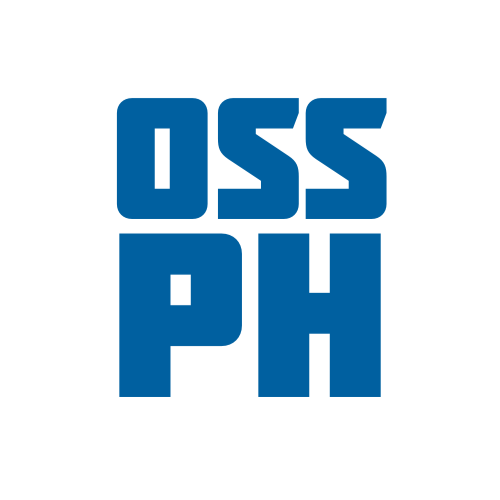Introduction to Open-Source Hardware: Raspberry Pi, Arduino, and More
Open-source software has taken the tech world by storm over the last few decades, offering an alternative to proprietary systems and fostering a spirit of community-driven development.

Open-source software has taken the tech world by storm over the last few decades, offering an alternative to proprietary systems and fostering a spirit of community-driven development. While software has often been the focal point of the open-source movement, there's another, equally exciting frontier that's gaining traction: open-source hardware.
Just as open-source software allows anyone to view, modify, and distribute code, open-source hardware promotes the design and production of physical devices whose specifications are open and accessible to the public. In this post, we'll delve into the world of open-source hardware, highlighting projects like the Raspberry Pi, Arduino, and other notable mentions.

Raspberry Pi: The Pocket-Sized Computer
The Raspberry Pi is a credit-card-sized computer that has taken the DIY and educational sectors by storm. Created by the Raspberry Pi Foundation, its goal is to promote basic computer science education in schools and developing countries. The device, which is affordable and powerful, can be used in a variety of applications, from basic computing to robotics and home automation.
The Raspberry Pi's design and schematics are not entirely open-source. While the software running on the Pi is open (like Linux distributions), the hardware, especially the Broadcom chip, is proprietary. However, its philosophy and widespread adoption make it an integral part of the open hardware movement.
Arduino: The Tinkerer's Dream
Arduino is an open-source electronics platform based on easy-to-use hardware and software. It consists of a microcontroller and a software, or Integrated Development Environment (IDE), used to write and upload computer code to the physical board. Arduino boards read inputs - light on a sensor, a touch on a button, or a Twitter message - and turn it into an output, like activating a motor or turning on an LED.
The beauty of Arduino lies in its simplicity and the vast community behind it. It's a tool for making computers that can sense and control the physical world, and it's used by everyone from hobbyists and artists to designers and engineers.
Beyond Raspberry Pi and Arduino
While Raspberry Pi and Arduino are two of the most iconic projects in the open hardware movement, there are numerous other projects out there:
- BeagleBoard and BeagleBone: Comparable to Raspberry Pi but with some different features and capabilities. BeagleBoard was one of the first affordable, open-hardware single-board computers.
- ESP8266 and ESP32: Microcontrollers with built-in Wi-Fi, which have become very popular for IoT projects.
- RISC-V: An open-source hardware instruction set architecture (ISA) based on established reduced instruction set computer (RISC) principles.
- Libre Computer Project: Offers a range of single-board computers similar to Raspberry Pi but with different strengths.
Why Does Open Hardware Matter?
Open-source hardware offers a plethora of advantages:
- Innovation: When designs are open, they can be improved upon by the collective intelligence of the community.
- Education: Open hardware provides learning opportunities. It demystifies the technology and allows for hands-on experience.
- Customization: Users can modify open hardware to suit their specific needs, creating a product that might not be available in the commercial market.
- Reduced Costs: Often, open hardware projects aim to provide cost-effective solutions. Additionally, the ability to build or modify one's own hardware can save money.
Open-source hardware is not just a trend but a revolutionary approach to technology, innovation, and education. Devices like the Raspberry Pi and Arduino have made technology accessible to millions, breaking down barriers and enabling people from all walks of life to innovate, create, and learn. As we move further into the 21st century, the spirit of openness and collaboration embodied by these projects will continue to shape the technological landscape in profound ways.
About the author
Joff Tiquez, hailing from Manila, Philippines, is the individual behind the establishment of OSSPH. He is a web developer who strongly supports open source and has been overseeing projects like Vue Stripe for an extended period. To get in touch with Joff, you can visit https://jofftiquez.dev

